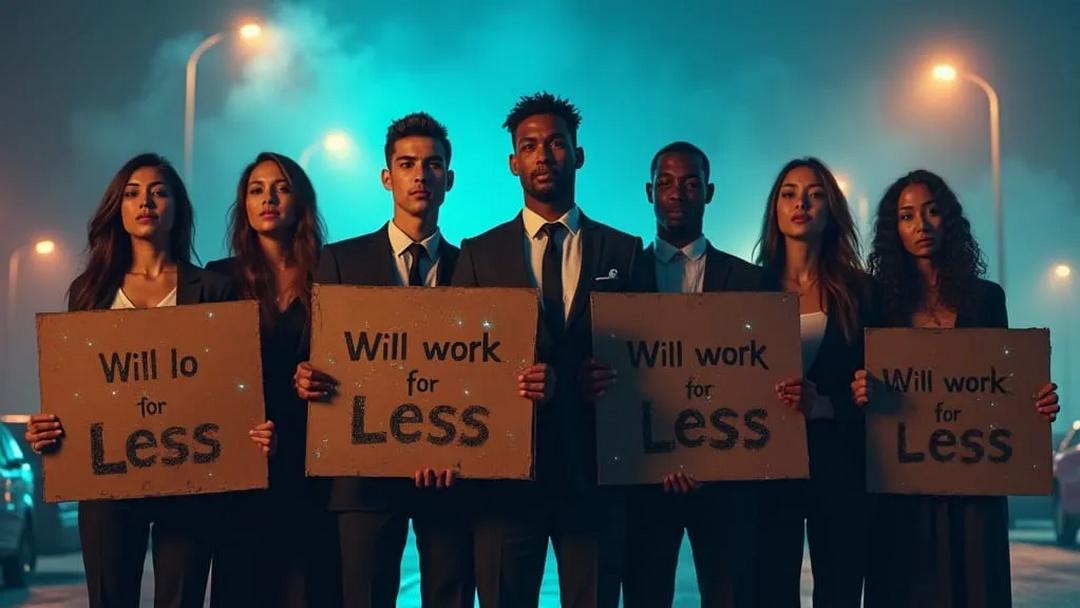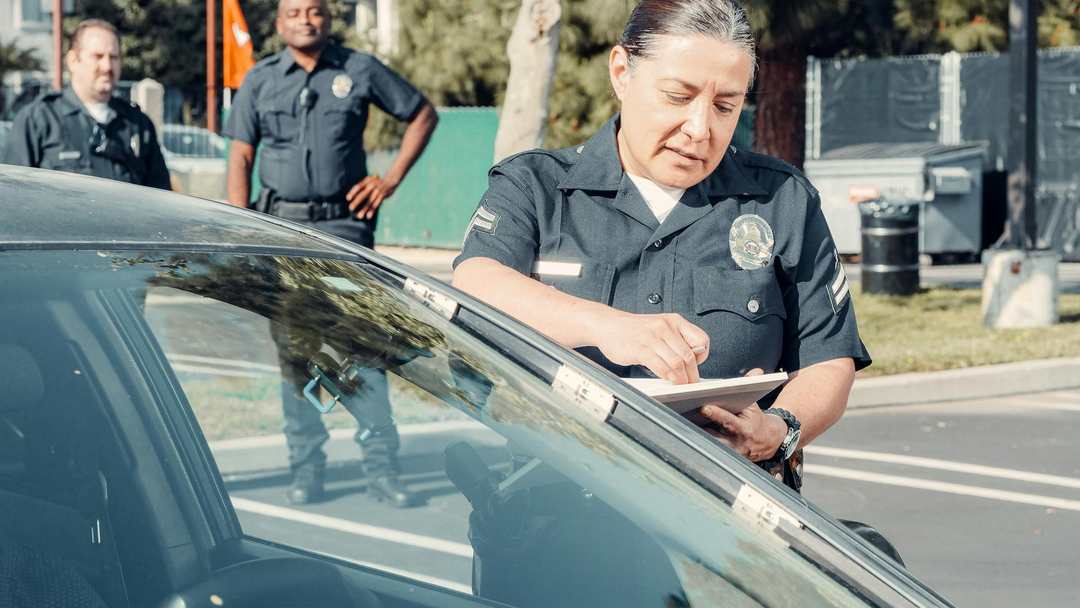Michigan cherishes the Second Amendment, but it’s important to remember that this right isn’t absolute. Certain actions or circumstances can lead to its temporary or permanent loss. Understanding these situations and potential avenues for restoration is crucial for responsible gun ownership.
Losing Your Second Amendment Rights in Michigan:
- Felony Convictions: Committing a felony automatically disarms you under both state and federal law (MCL 750.223c). The types of felonies affecting gun rights vary, encompassing violent crimes, drug offenses, and even some white-collar misdeeds.
- Domestic Violence Convictions: A misdemeanor domestic violence conviction can strip you of your gun rights for three years (MCL 750.223c(1)(c)). While a first-time misdemeanor offense with deferred sentencing might not result in a conviction, it still triggers a gun rights suspension.
- Mental Health Adjudications: Being involuntarily committed for mental illness or deemed a danger to yourself or others can also lead to temporary gun rights loss (MCL 330.1463). This typically involves legal proceedings and evaluations by qualified professionals.
- Protective Orders: A judge issuing a personal protection order (PPO) against you due to domestic violence or stalking can also temporarily suspend your gun rights (MCL 600.8455).
Restoring Your Second Amendment Rights:
- Felony Conviction Restoration: While federal law offers limited restoration options, Michigan allows individuals to petition the court for gun rights restoration five years after completing sentences for most felonies (MCL 750.223c(5)). The court considers various factors like rehabilitation and public safety concerns before making a decision.
- Domestic Violence Restoration: Restoration after a domestic violence conviction requires waiting three years and demonstrating the absence of further domestic violence incidents (MCL 750.223c(1)(c)). Additionally, completing anger management or domestic violence treatment programs may strengthen your case.
- Mental Health Adjudication Restoration: Once the underlying mental health concerns are addressed and deemed no longer a risk, individuals can petition the court to reinstate their gun rights (MCL 330.1463). This typically involves providing medical documentation and expert evaluations.
- Protective Order Restoration: If the PPO against you expires or is lifted by the court, your gun rights are automatically restored. However, violating a PPO can have serious legal consequences, including additional gun rights restrictions.
This post provides a general overview and isn’t a substitute for legal advice.
If you face gun rights restriction or seek restoration, consulting with a qualified attorney familiar with Michigan gun laws is highly recommended.
By understanding the potential limitations and restoration processes, responsible gun owners in Michigan can safeguard their Second Amendment rights and exercise them safely and lawfully.
Restore Your Rights
Driver License
Gun License
Professional License
Record Expungement
Call Our Office for a Free Case Evaluation
More Posts

Cleary becomes latest US law firm to add non-equity partners
See you in the Home Depot lot.Oct 10, 2024 (Reuters) Cleary Gottlieb Steen & Hamilton will create a new category of non-equity partners, becoming the latest major U.S. law firm to move away from the traditional single-tier structure in which all partners have an...

MI Court of Appeals – MRTMA defense denied dismissal
Does the Michigan Regulation and Taxation of Marihuana Act protect you in all Marijuana scenarios?The Conflict The central issue in this interlocutory appeal is whether the Michigan Regulation and Taxation of Marihuana Act (MRTMA), MCL 333.27951 et seq., prevents a...

The “Automobile Exception” in Michigan law
The "automobile exception" in Michigan law allows police to search a vehicle without a warrant if they have probable cause to believe it contains evidence of a crime.This exception is grounded in the idea that vehicles are inherently mobile, meaning evidence could be...

The search being challenged was triggered by the odor of cannabis
The case People of Michigan v. Freddie Wilkins III (No. 367209) revolves around a legal challenge regarding the search of a vehicle without a warrant.Police conducted a warrantless search under the "automobile exception."The case People of Michigan v. Freddie Wilkins...

Carrying a Concealed Weapon in Michigan
Carrying a concealed weapon (CCW) in Michigan without proper authorization is a crime.Carrying a concealed weapon (CCW) in Michigan without proper authorization can lead to serious criminal charges. Michigan law has strict regulations regarding firearms, and violating...

MI Supreme Court Declines to Intervene in Public Records Dispute
Michigan Supreme Court Declines to Intervene in Public Records DisputeTeachers Union and School District at Odds Over Data AccessThe Michigan Supreme Court recently declined to hear a case regarding whether public school teachers' class materials are subject to the...

Felony Firearm Possession in Michigan
Felony Firearm Possession in Michigan.In Michigan, the laws surrounding firearms are strict, especially when it comes to felony firearm possession. If you’re charged with a felony and found to be in possession of a firearm during the crime, the penalties can be...

Do the passengers in your vehicle have 4th Amendment Rights?
Do Passengers in your vehicle have 4th Amendment Rights against Search and Seizure?Passengers in a vehicle are afforded Fourth Amendment protections against unreasonable searches and seizures, though the scope of these rights varies based on the specific circumstances...

Probable Cause v Reasonable Suspicion
What's the difference between probable cause and reasonable suspicion?Definition of Probable Cause Probable cause refers to the belief held by a reasonable person that a crime is currently being committed, has already been committed, or is likely to be committed in...

Are there exceptions that justify warrantless searches?
Exceptions to your 4th Amendment Rights against Search and Seizure (more to come).The Fourth Amendment of the U.S. Constitution safeguards citizens by prohibiting unreasonable searches and seizures and generally mandates the necessity of a warrant for such intrusions....











